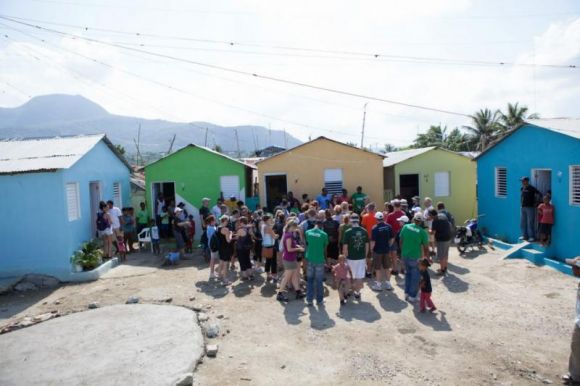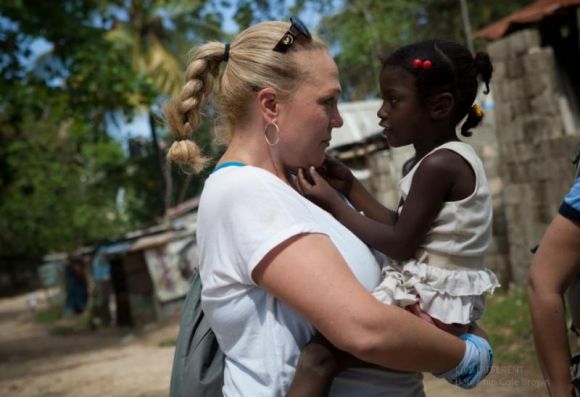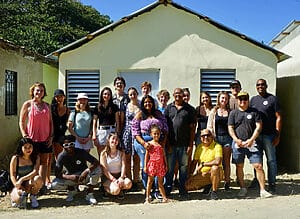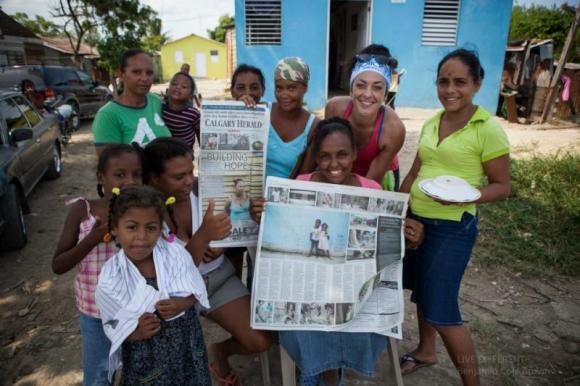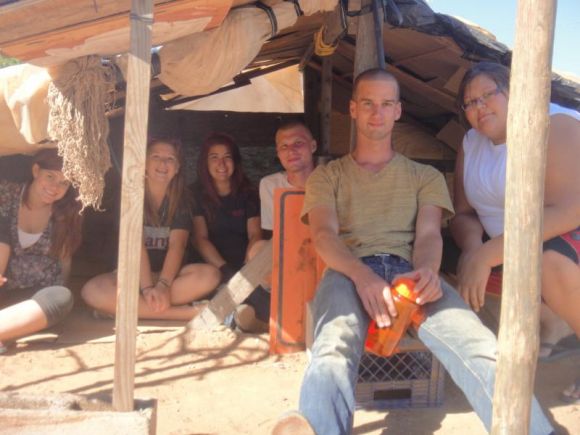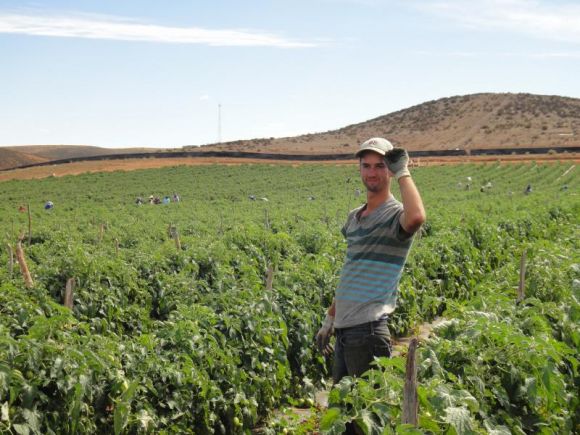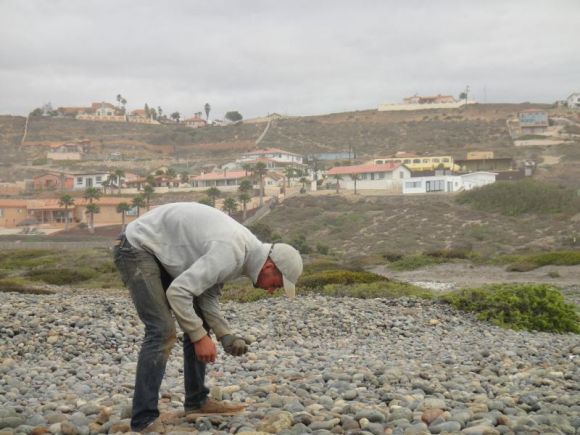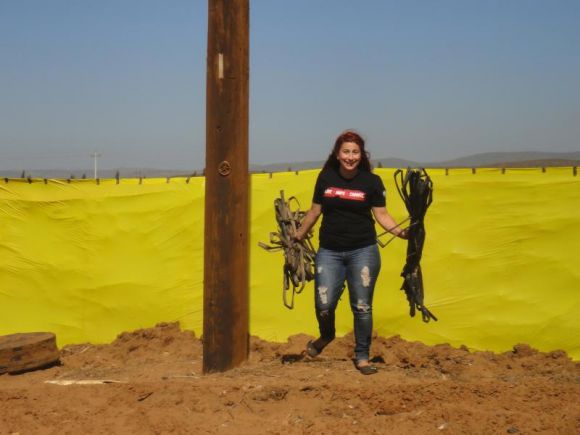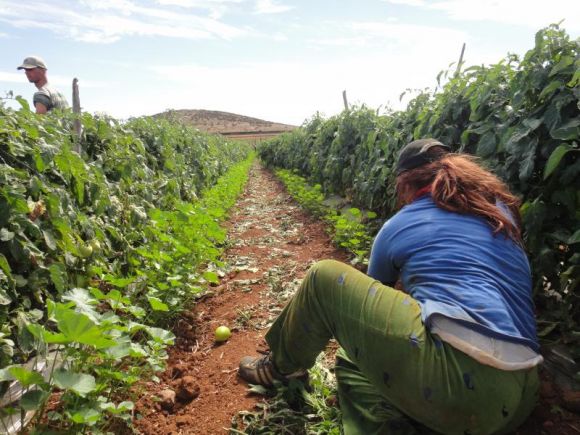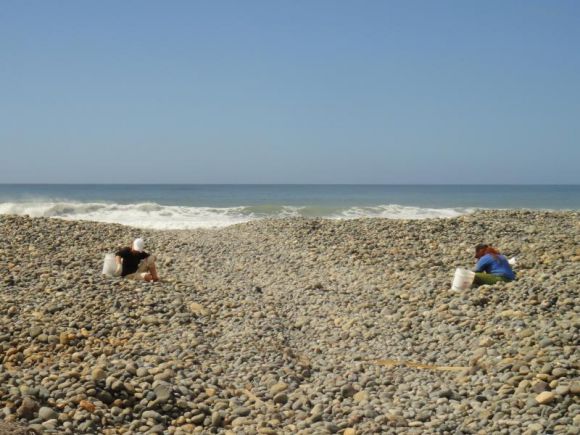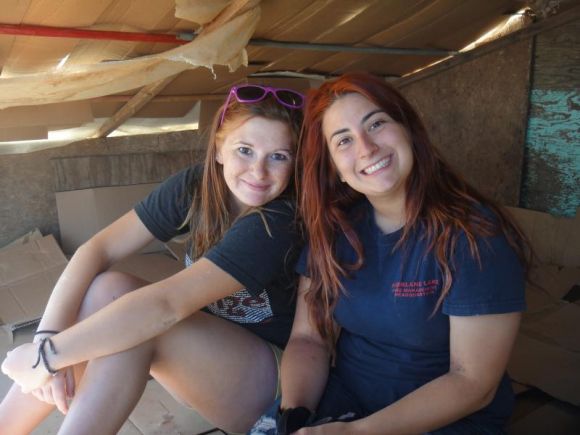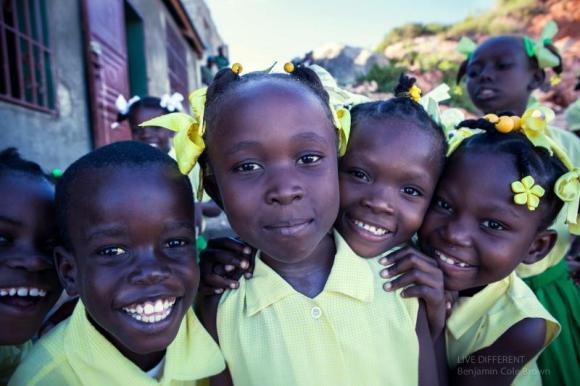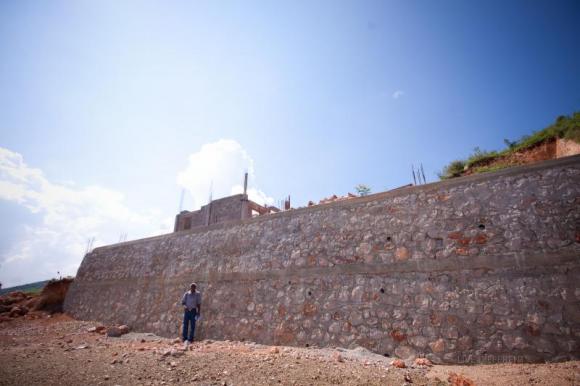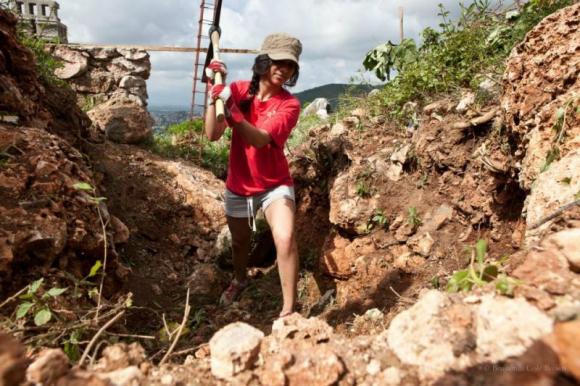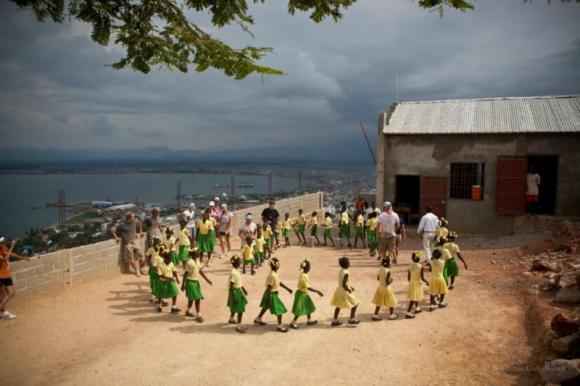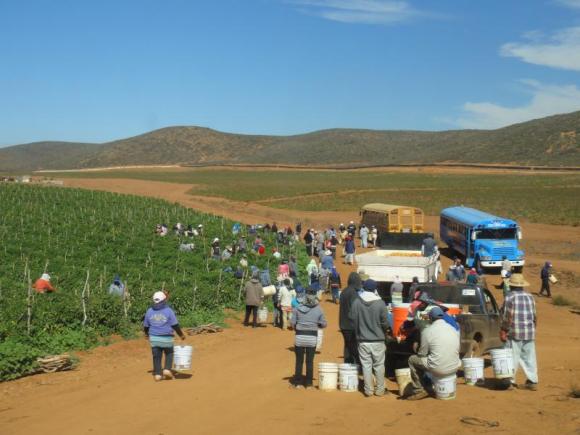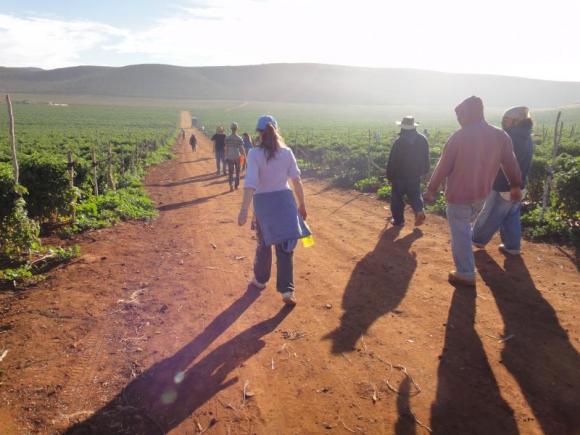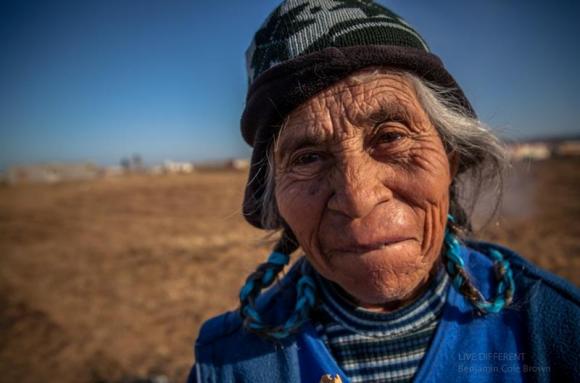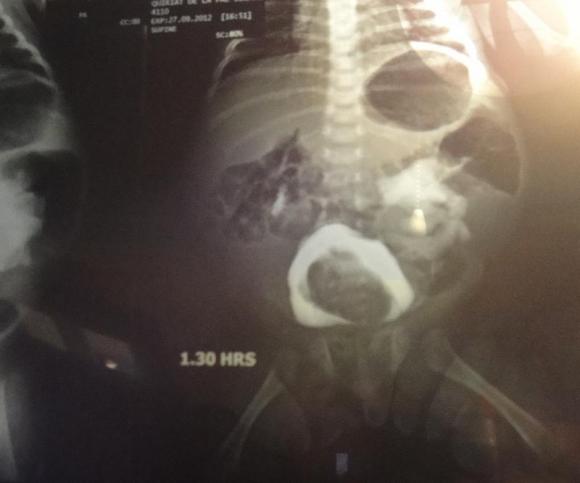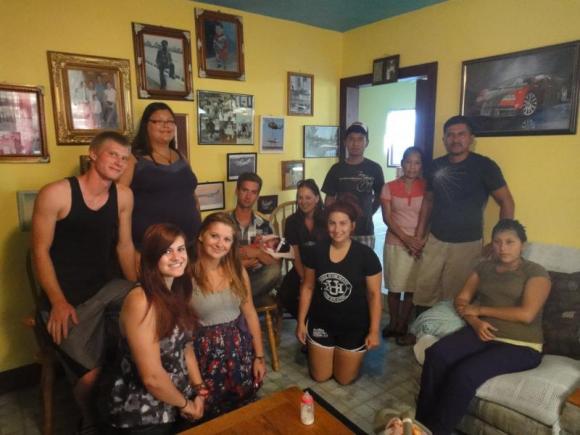Homecoming
As WestJetters we are very familiar with homecomings. Most of us witness them on a daily basis as our guests return home after time spent away. I suspect that many of us have also experienced countless homecomings of our own as we adventure out on travels near and far.
My family and a lot of my friends live in the States and we try to see each other as often as we can, travelling here or there or meeting up somewhere in between. I also travel a fair bit with my job at WestJet. While I love the journey and all elements of travel, it is always the homecomings that I look forward to the most. The first sight of my loved ones as they walk through the airport security doors or the comforting feeling of walking through my backdoor as I arrive home after a trip away, these moments are often filled with smiles, joy and warm embraces. Homecomings are a return to the familiar and the beginning of something new all at the same time.
I am very fortunate to have experienced many homecomings. My parents and brother travel to Calgary to spend Christmas with my Canadian family nearly every year. My love always greets me with open arms and a bit of hoopla every time I return home from a trip. Yet never have I ever felt so welcomed home as I did returning to Aguas Negra today.
It was with tremendous anticipation that I stepped off our team truck as we arrived in Aguas Negra with our Fall 2012 Hero Holiday team. For five of us – me, Glenn, Shelley, Gayle and Sarah – this was our first visit back to the community where we, along with 45 other amazing WestJetters, built homes for five very deserving families in April during our inaugural Hero Holiday.
Unsure of what to expect, we were immediately greeted by members of the community. The families we helped and worked side-by-side with in April quickly came to us with the biggest smiles that I have ever seen. They embraced us, some only releasing their grip long enough to look at our faces with tears in their eyes and to say thank you.
As we walked through the community to meet the five new families that we will be working hard for on this trip, more and more members of the community came to find us. The children that we played with wanted to be picked up and carried like we had never left. The local contractors who were so patient with us as we learned how to mix cement, lay bricks and apply smooth coat to their high standards approached us saying hola amigo with a look in their eyes that said welcome back, we are so happy to see you again.
We were home.
What an amazing feeling. The homes we built for others somehow became our home, too. To feel so truly welcomed and wanted. To know that your presence brings joy to others. That they remember you! It is a feeling I wish upon everyone – especially the 45 other enthusiastic and incredibly passionate WestJetters who are here as a part of our Fall 2012 Hero Holiday.
Already, after just an hour in Aguas Negra meeting our new families on our first day here, I can see the new relationships forming. There are no walls to be broken down here – just walls waiting to be built that will bring safety, security and a brighter future for these families and for this incredible community.
Tomorrow we begin building these walls and working toward house dedication day when we get to welcome these very special families to their (and our) new homes.
Jenifer, Team Lead, Community Investment
